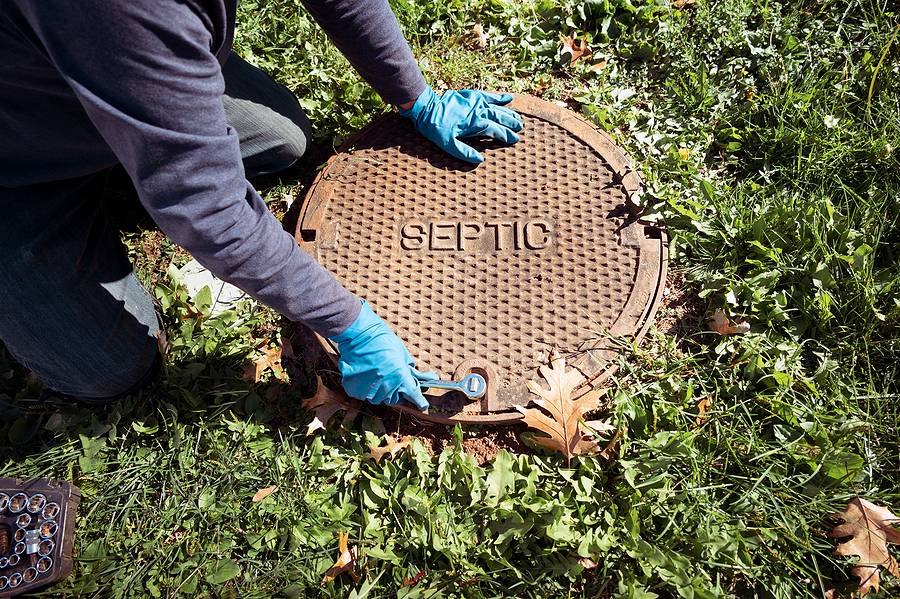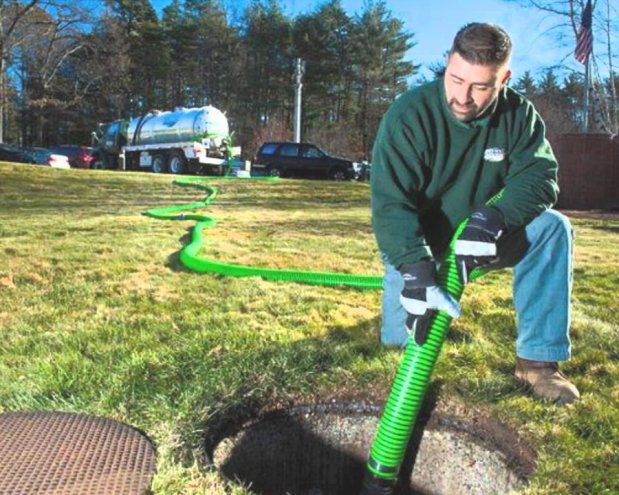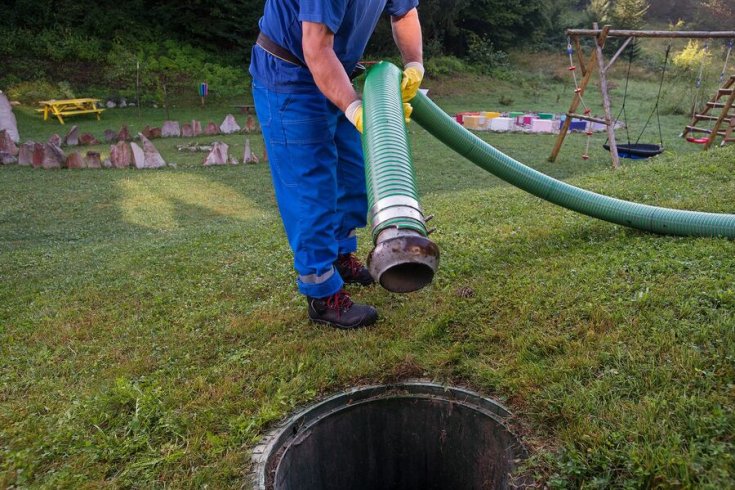
12
Your septic tank is a vital part of your home's wastewater disposal system. Proper maintenance, which includes septic tank pumping, repair, and installation, is essential to ensure that it functions efficiently. However, before you can tackle any of these tasks, you need to know where your septic tank is located. We will provide you with valuable tips and techniques to help you find your septic tank with ease.
Before diving into the search for your septic tank, it's crucial to have a basic understanding of how the septic system works. A septic system is designed to treat and dispose of household wastewater by separating solid waste from liquids. The solid waste settles at the bottom of the septic tank, while the liquid effluent is gradually released into the drain field, where it is naturally filtered.
One of the first places to start your search is with your home's records. Contact your local health department or your septic company for any available documentation about your septic system. Previous maintenance or septic tank installation records may contain information about the location of the septic tank, making it easier to pinpoint.
While your septic tank is typically buried underground, there might be some visible signs that can lead you in the right direction. Keep an eye out for any areas of your yard that have lush, green grass, especially during dry spells. This could indicate the presence of a septic tank, as the effluent acts as a natural fertilizer. Additionally, look for manhole covers or inspection ports that are often located above the septic tank.
Your home's sewer line connects directly to the septic tank. Begin your search by tracing the sewer pipe from your house. The pipe typically exits your home's foundation and heads towards the septic tank. You might need to dig a small trench to expose the pipe's path, but exercise caution, and consult your local utility company to locate any underground utility lines.
If you haven't had any luck so far, consider using a septic tank probe, which is a long, slender rod designed to penetrate the soil. Start probing the ground around the area where you suspect the septic tank is located. When you hit a hard surface, it may be the top of the septic tank or the distribution box. Remember to be cautious while probing and avoid causing any damage.
If all else fails, or if you are uncomfortable with the idea of searching for your septic tank on your own, it's a wise decision to hire a professional septic company. These experts have the necessary equipment, like ground-penetrating radar, to quickly and accurately locate your septic tank. They can also assess the tank's condition, recommend septic tank repair or pumping if needed, and assist with septic tank installation.
Knowing the location of your septic tank is crucial for proper septic system maintenance. Whether you're planning a pumping, septic tank repair, or installation, understanding where your septic tank is buried will save you time, effort, and potentially costly mistakes. Start by going through the list we made for you, and, if necessary, enlist the help of a professional from Charlotte Septic Pros. By taking these steps, you'll ensure your septic system continues to function efficiently and serves your home for years to come.

05
Are Slow Drains a Septic Issue or Just a Clog? Slow drains are one of those household problems that start…
Read more
02
What Septic Service Techs See That Homeowners Miss Most homeowners only think about their septic system when something goes wrong.…
Read more
21
Simple Habits That Protect Your Septic System A well-functioning septic system does its job quietly, but the moment something goes…
Read more
14
Pump Now or Pay Later: The Real Cost of Skipping Maintenance A properly functioning septic system is easy to forget…
Read more
11
Why Your Septic System Always Acts Up at the Worst Time Homeowners often feel that septic problems strike at the…
Read more
04
Early Warning Signs Your Septic Tank Needs Pumping For homeowners who rely on a septic system, routine maintenance is not…
Read more
29
Why Does My Septic System Smell Fine One Day and Terrible the Next? If you own a home with a…
Read more
19
Is Your Septic System Overdue? Simple Home Checks You Can Do Today For many homeowners, the septic system is a…
Read more
13
5 Signs Your Septic Tank Is Overdue for Pumping Your septic system works quietly behind the scenes, managing wastewater from…
Read more
07
Do Septic Additives Really Work? Septic additives are everywhere. You’ll see them at hardware stores, advertised online, and often recommended…
Read more